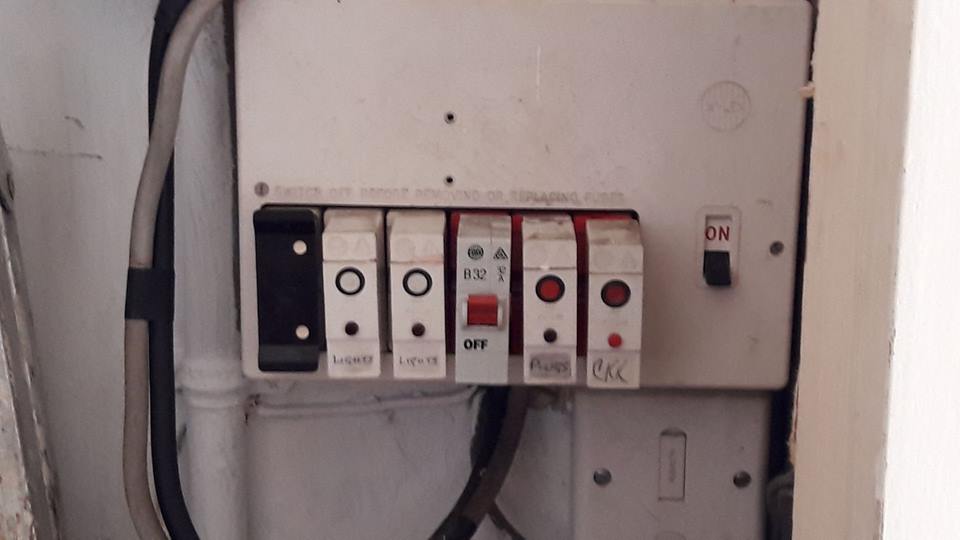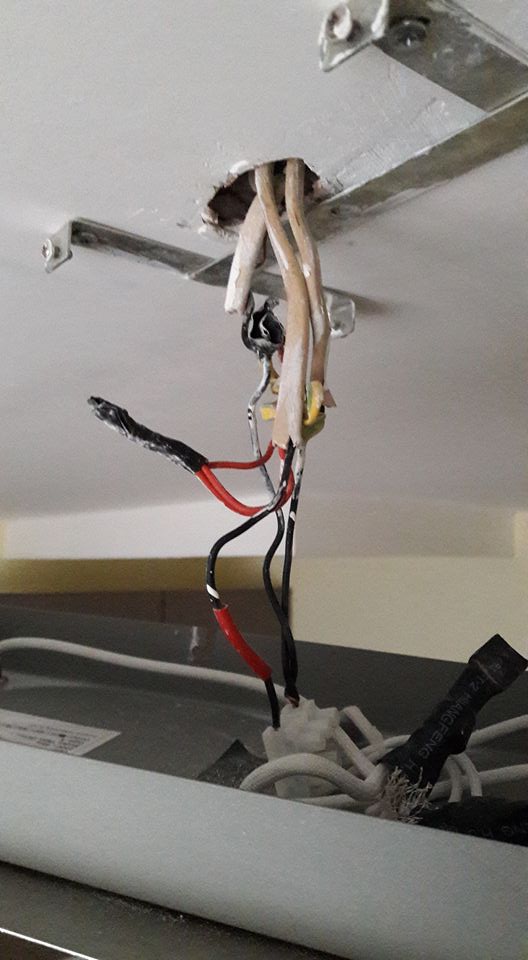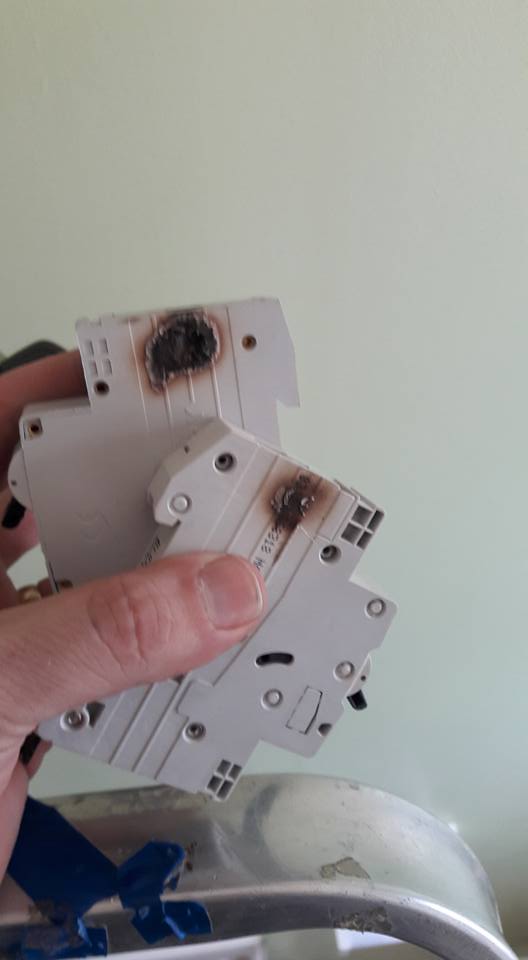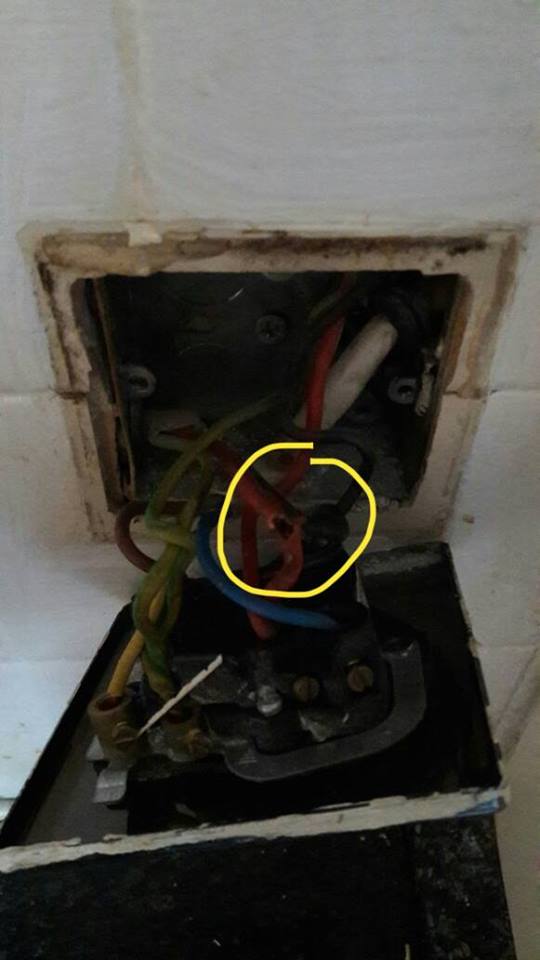What is Electrical Testing & Inspecting
What is Inspection and Testing?
All electrical installations are tested either when a Electrician carries out any work such as new circuits or rewires or an existing electrical installation is tested at regular intervals to ensure that the installation complies with regulations and has no defects that could cause fires or electric shocks.
Existing circuits that are regularly tested is known as EICR (Electrical Installation Condition Reports) or previously known as PIR (Periodic Inspection Report).
Why do we carry out EICR?
All electrical installations whether it is Domestic , Commercial or Industrial deteriorate with age and usage.
The electrician will carry out the appropriate tests and inspect every circuit in the fuse board and a sample of all your accessories (i.e switches, sockets etc) to ascertain the condition of the installation and identify any defects against the current wiring regulations.The electrician must ensure that all necessary precautions are being taken to reduce the risk of injury or death through electrical failure.
There are many good reasons for having an Electrical Installation Condition Report (EICR).If you have recently acquired ownership or tenancy of business / workplace premises you may wish to ensure the installation is safe by having it inspected.
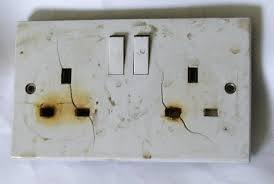
What type of tests are carried out?
The inspecting electrician will carry out a sequence of tests such as:
Earth continuity - to ascertain that the earthing is continuous throughout the circuits
Earth Bonding - checking that you main water and gas pipes are earthed with the correct earthing conductor size
Insulation resistance - this is to check any breakdown of insulation in the installation
RCD testing - to ascertain that the RCD will disconnect the supply in case of a fault
A test on your main earthing and or earth rod
Functional testing of isolators, switches and MCBs - to ascertain they isolate the supply
